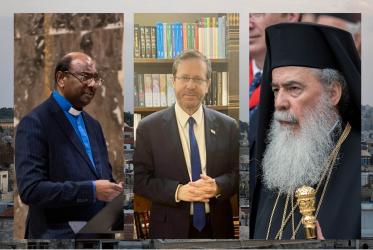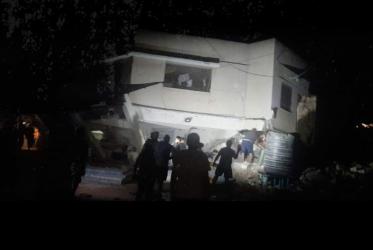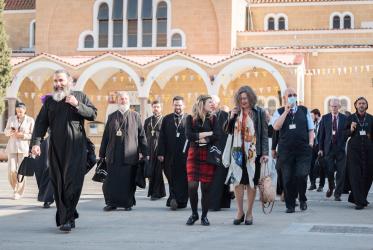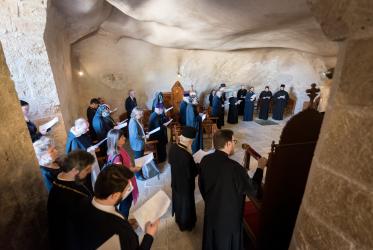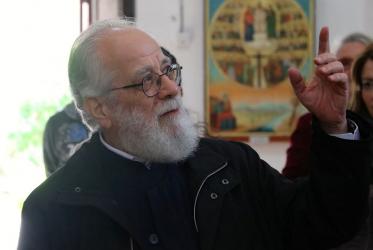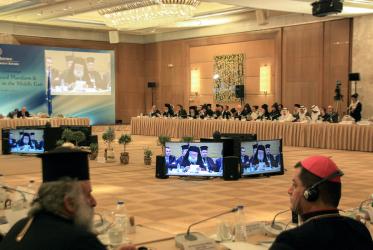Displaying 1 - 20 of 20
WCC calls for immediate end to brutal violence in Gaza
30 December 2023
Inter-Orthodox Pre-Assembly Consultation
09 - 16 May 2022
Praying for one another, even when we disagree
02 March 2017
WCC general secretary reflects on peace in Palestine and Israel
20 September 2016
International conference addresses challenges in the Middle East
22 October 2015

